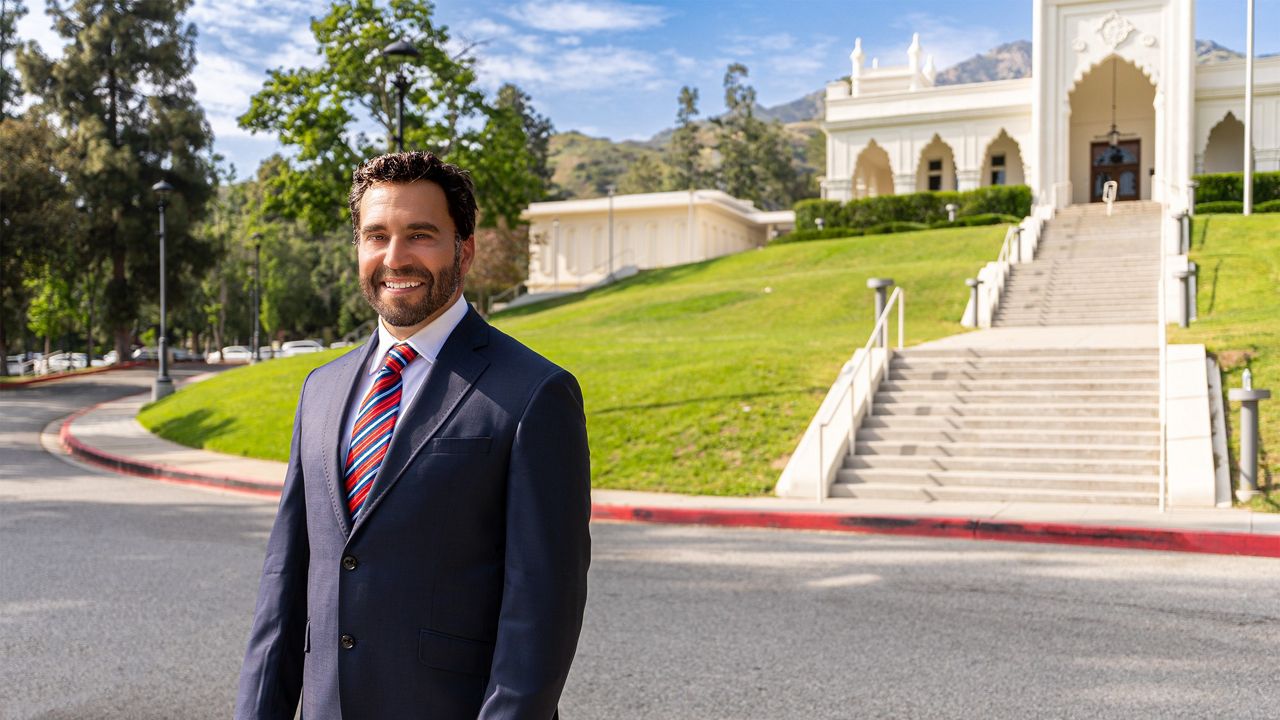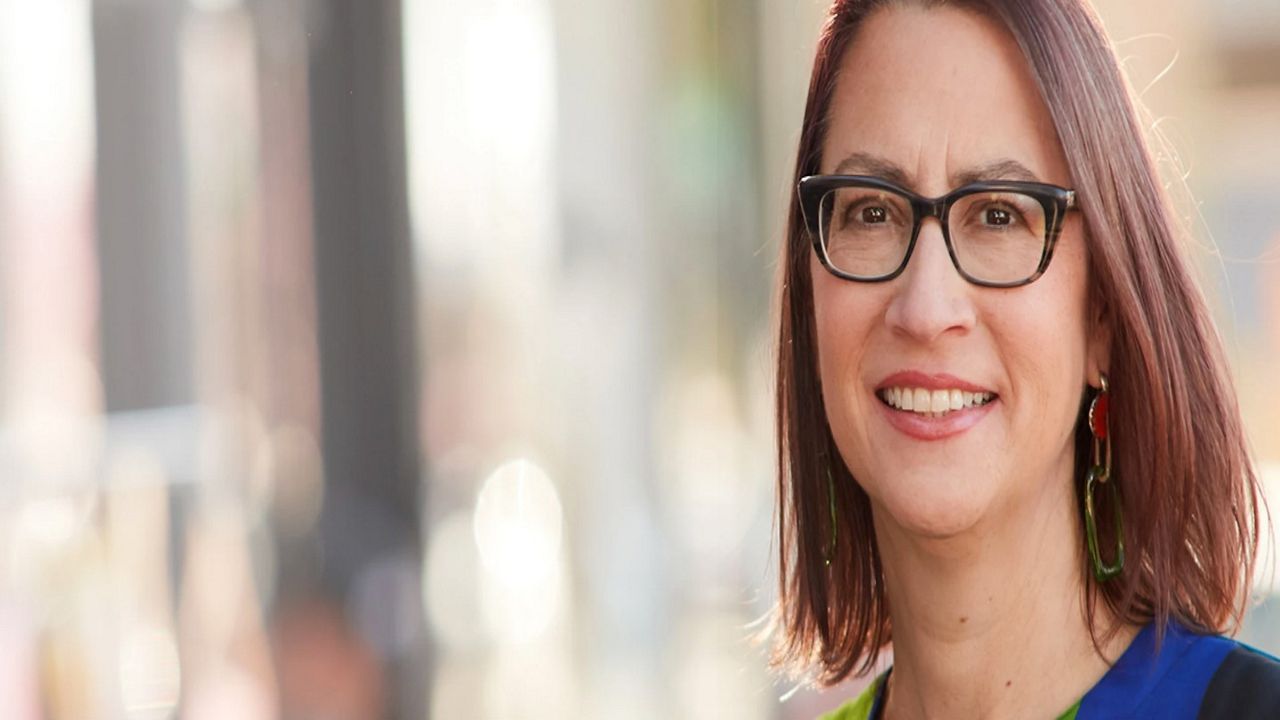BURBANK, Calif. — Even though the City of Burbank collects green waste, Rebecca Sage Allen still adds compostable to the bin in her front yard.
The city doesn’t collect everything that can be composted, she says, so she picks up where they leave off.
It’s just one action Allen takes to help the environment, something that is constantly on her mind.
“The climate emergency might be my number one concern for the election,” she admitted, saying the issue weighs on her “very heavily.”
Allen is an alum of Burbank’s Waste Warrior program. When she’s not tending her native garden, she spends a lot of her own energy volunteering at local schools, helping students and staff sort food waste and make more sustainable choices. But energy is something she says we as a country need to be better about.
“We create more pollution than any other country,” Allen stated. “Energy is the number one source of that pollution.”
As a resident in California’s Congressional District 30, she has long been represented in Washington, D.C. by Rep. Adam Schiff, who is currently running for Senate. Her local assemblywoman, Laura Friedman, is running for the seat he is vacating.
According to her website, the democratic candidate has worked to phase out single use plastics, authored a bill to reduce green gas emissions in California buildings by 40% and was instrumental in the effort to close parts of Griffith Park to cars.
Her opponent is Dr. Alex Balekian, a lifelong Glendale resident and a lung physician, a career that his website says gives him a “unique perspective on environmental health.”

In a video posted on his site, he explains he supports “reasonable environmental regulations that don’t increase our expenses or burden the economy and have measurable and meaningful outcomes.”
Lisa Cusack also lives in Glendale and shares his concerns. A mom of three, she says costs are skyrocketing.
“Everybody’s struggling in this economy,” she said. “In Glendale last year we had about a 15% rate hike in energy costs…That’s significant for families. We do really need to keep in mind what people can afford and put food on their tables.”
Not to say she doesn’t think about the environment.
“I think being a lifelong Angeleno, I have been very focused on air and energy,” she explained. “You know, we love our environment here. We love being outdoors.”

But she also believes there should be a diversity of energy sources and therefore of choices for consumers and she disagrees with those going full steam ahead in one direction.
“I think we are talking a lot in this neighborhood about moving on to electric uses, electric cars, electric buildings,” Cusack said. “I’m concerned. I just want that transition to be smooth, to be economical, to really be sustainable.”
Landscape architect Jordan Henry also lives in Glendale and has owned an electric car since 2018.
Still, he opposes the California mandate to sell only zero-emission vehicles by 2035.
“We will see costs go up, demand will spike, supply will decrease,” he predicted. “So we have to be very careful about the commitments that we make to new technologies while we’re still functioning in an oil-based technology.”
A volunteer with the republican party, he believes California should be paying more attention to nuclear energy as a possible energy source, which he calls “by far the cleanest, and safest route that we could go in the states.”
He’s not opposed to exploring alternatives, but says, “we need to make sure that… we’re able to do this in a way that is convenient and not overly burdensome on our children, on our families. And to really make sure that we invest in public safety, clean streets and focus on what we can do here as opposed to trying to change the global climate. It’s not going to happen here.”
Allen would like to see the costs associated with clean energy shifted upstream to the producers and corporations, but bottom line, she says, everything comes at with a price.
“There is no such thing as cheap energy that you don’t pay for in the long run,” she said. “It might be cheap now, but in the future, when you’re having to make all sorts of adjustments because of what that really cost, at the end of the day, it is not cheaper.”



